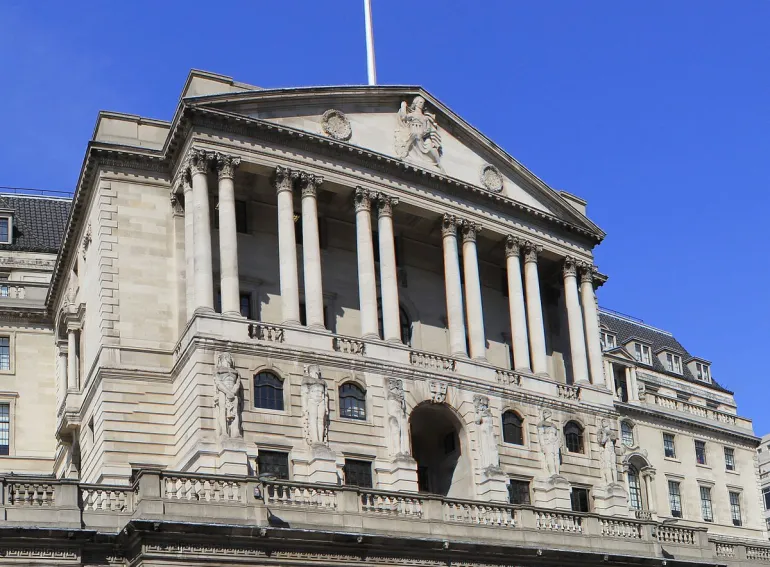
Weekly Global News Wrap: Central bankers push to drop Libor by end-2021; Wells Fargo posts $2.4b Q2 loss
And regulators race to enact cross-border payment rules to counteract Facebook.
From Reuters
Top central bankers in the United States and Britain said the end-2021 deadline for dropping the Libor benchmark interest rate would not be extended because of the COVID crisis and lenders and borrowers had to have their transition plans in place now.
Bank of England Governor Andrew Bailey acknowledged there had been calls since the coronavirus pandemic escalated to step back from the shift away from Libor which is used to price trillions of dollars of financial contracts.
During the global financial crisis, some traders manipulated the rate, leading to criminal convictions and huge fines for international banks. Last week, the Financial Stability Board, a global body for regulators, warned of a “significant negative impact” if authorities do not prepare for the end of Libor because many existing contracts are due to mature after 2021.
From CNBC
Wells Fargo posted its first quarterly loss since the Great Recession as the bank set aside $8.4b in loan loss reserves tied to the coronavirus pandemic.
The bank had a net loss of $2.4b in the second quarter, or a loss of 66 cents a share, worse than the 20 cents a share loss expected by analysts surveyed by Refinitiv. The $17.8b revenue was also weaker than analysts’ $18.4b estimate.
The company is laboring under a dozen regulatory consent orders tied to its 2016 fake accounts scandal, including one from the Federal Reserve that caps its asset growth.
From Reuters
Streamlining anti-money laundering checks, longer central bank opening hours and linking national systems would cut cross-border payment costs, global regulators said on Monday.
Payments have come under the spotlight since Facebook proposed its Libra digital stablecoin, prompting central banks to think about launching their own digital currency.
A report by the Committee on Payments and Market Infrastructures said cross-border payments are set to increase from $20t in 2019 to $30t by 2030.
Photo courtesy of Wikimedia Commons






![Lorem Ipsum [ABF 1]](https://cmg-qa.s3.ap-southeast-1.amazonaws.com/s3fs-public/styles/exclusive_featured_article/public/2025-03/a_hand_pointing_to_a_futuristic_technology_5b87c9d0e3_1.png.webp?itok=2w0y1WhS)


![Cross Domain [Manu + SBR + ABF + ABR + FMCG + HBR + ]](https://cmg-qa.s3.ap-southeast-1.amazonaws.com/s3fs-public/styles/exclusive_featured_article/public/2025-01/earth-3537401_1920_4.jpg.webp?itok=WaRpTJwE)







 Advertise
Advertise

